- Write by:
-
Saturday, February 19, 2022 - 15:41:17
-
830 Visit
-
Print
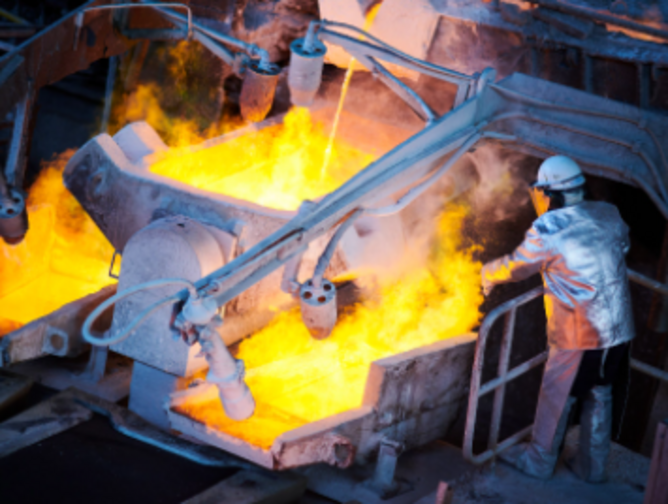
Mining News Pro - Glencore is delivering US$4bn to shareholders while BHP is returning US$7.6bn in a record interim dividend as mining giants capitalise on commodities boom
According to Mining News Pro - Glencore is delivering US$4bn to shareholders while BHP is returning US$7.6bn in a record interim dividend as mining giants capitalise on commodities boom
Glencore recorded an 84% increase in EBITDA to US$21.3bn in preliminary figures for 2021 and BHP's EBITDA rose to US$18.5bn in the second half of last year as both companies capitalised on the boom in commodity prices.
Glencore is returning US$4bn back to shareholders while BHP is delivering US$7.6bn in a record interim dividend of US$1.50 per share. Both balance sheets point to the resilience of the mining industry at a time when many industries have suffered during the pandemic.
Glencore CEO Gary Nagle, said: “Looking forward, we remain focused on our strategy to enable and deliver decarbonisation and meet the increasing demand for everyday metals, while responsibly meeting the energy needs of today. We look to the future confident that we have the right pathway to succeed in a net zero economy and create sustainable long-term value for all stakeholders, while operating in a responsible manner across all aspects of our business.”
Glencore is setting aside US$1.5bn to cover likely costs of settling bribery and corruption investigations. "While Glencore cannot forecast with certainty the cost, extent, timing or terms of the outcomes of the investigations, the company presently expects to resolve the US, UK and Brazilian investigations in 2022," it said in a statement.
Last week Glencore sealed a strategic global marketing relationship with United States Strategic Metals. The marketing relationship includes a long term off-take agreement for 100% of the company’s products, which include cobalt and nickel sulfates, lithium products and copper cathode.
The Cerrejón divestment to Glencore was completed in January and the announced share sale agreement to divest BHP Mitsui Coal (BMC) is expected to complete in the middle of this year.
BHP CEO Mike Henry, highlighting its third consecutive 'fatality free' calendar year, said it mitigated the impacts of COVID-19 and significant adverse weather events to turn in a solid operational performance, particularly from its flagship Western Australian Iron Ore business.
The company unified the BHP corporate structure, advanced the proposed merger of its petroleum business with Woodside, sold coal assets and announced the final investment decision for its Jansen Stage 1 potash project. "We have also secured further growth options in future facing commodities," he said.
BHP mining results benefits from commodities boom and disciplined cost control
Anthony de Ruijter, Senior Associate at Third Bridge, said BHP's improved EBITDA was largely due to the increase in commodity prices and disciplined cost-control, which is one of the miner's major competitive advantages against other iron ore producers. The one blip was Queensland Coal which turned in lower than expected volumes for the full year as a result of significant wet weather and labour constraints.
"Our experts suggest that as one of the leanest iron ore producers globally, there are relatively few cost optimisation opportunities available to the company, though automation opportunities could result in unit cost benefits of roughly 5-10% longer-term. Outside of this, our experts expect unit costs to remain below US$16-17 per tonne," he said.
He said another potential unit cost benefit to BHP longer-term would be the increase in approved shipment capacity at Port Hedland.
"Despite recent port approvals to increase BHP’s capacity to 330mn metric tons per annum, our experts don’t believe BHP will achieve a maximum capacity on a consistent basis in the near term," he added. "This is because BHP will likely face some challenges when maximising production output. These include difficulties around managing dust emissions at its Port Hedland operations and sequencing volume throughout its production lines.
"Instead, our experts believe that BHP’s volumes will be more sustainably maintained at around 310mn metric tons per annum. Given that the marginal costs for BHP run at around 30-40%, the unit cost benefit foregone on unshipped incremental tonnages is quite substantial.”
- mining , mining news , today mine , mine , glencore , riotinto , new mexico , minenewspro , abandoned mine , copper , zink. steel , iron , gold
- Mining News Agency
Short Link:
https://www.miningnews.ir/En/News/620698
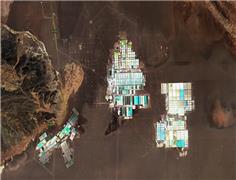
The four largest indigenous communities in Chile’s Atacama salt flat suspended dialogue with state-run copper giant ...
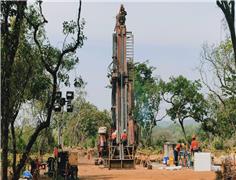
A prefeasibility study for Predictive Discovery’s (ASX: PDI) Bankan gold project in Guinea gives it a net present value ...
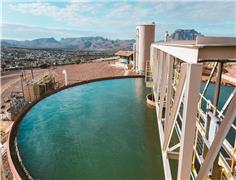
A Native American group has asked all members of a US appeals court on Monday to overturn an earlier ruling that granted ...
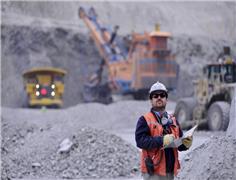
Codelco is exploring more partnerships with the private sector as Chile’s state copper behemoth looks to recover from a ...

Representatives from the Peñas Negras Indigenous community, in northwestern Argentina, clashed with heavily armed police ...
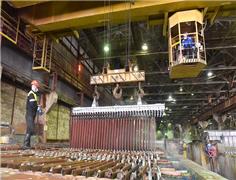
The London Metal Exchange (LME) on Saturday banned from its system Russian metal produced on or after April 13 to comply ...
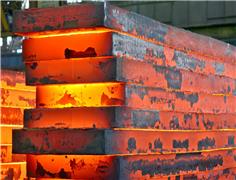
Iron ore futures prices drifted higher on Thursday as the latest soft data from top consumer China triggered renewed ...
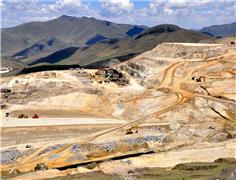
Peru’s Las Bambas copper mine, owned by China’s MMG, is facing renewed blockades of a key transport route after failed ...
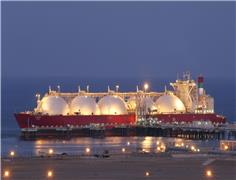
Vitol Group confirmed that it’s starting to rebuild a trading book for metals after a long stint out of the market, with ...
No comments have been posted yet ...